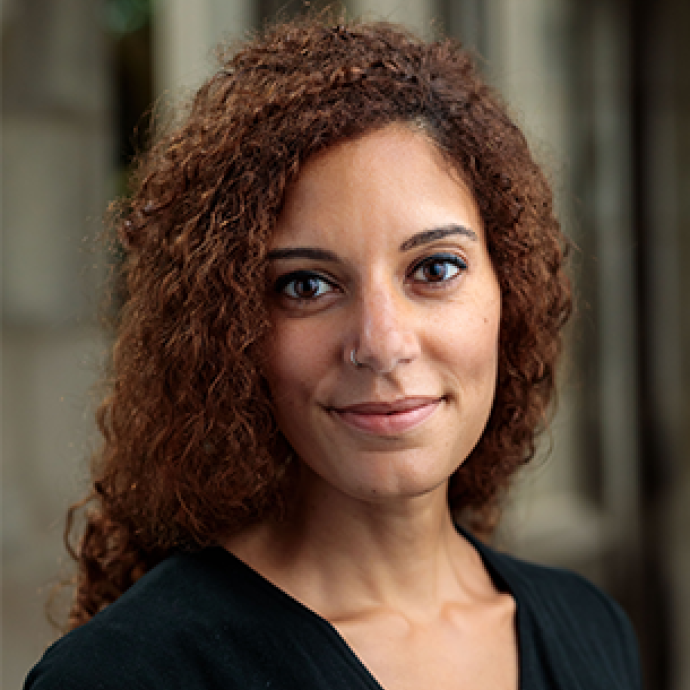A new research summary of two UChicago Consortium on School Research studies shows that when more full-day pre-K programs were available to families, students were more likely to enroll in full-day programs, and student attendance rates increased.
Using pre-pandemic data (2013–2017), these studies used policy changes in Chicago to examine the relationship between half- vs. full-day pre-K and students’ attendance.
“As Chicago offered more full-day pre-K, students spent more time in school because of the longer school day, plus higher attendance rates,” said Stacy Ehrlich, lead author on the first study. “And because Chicago prioritized full-day expansion in neighborhoods where more Black, Latinx and lowest-income families lived, those families saw the biggest enrollment and attendance changes—a win for students, families and educational equity.”
These research findings are particularly notable given universal pre-K policy goals of President Biden and a number of governors and state legislators, coupled with the reality that pre-K enrollment has dropped during the COVID-19 pandemic. The findings also point to policies that better support juggling childcare, school and work—support that families with young children are clamoring for in the early days of 2022.












 —Prof. Chuan He
—Prof. Chuan He
